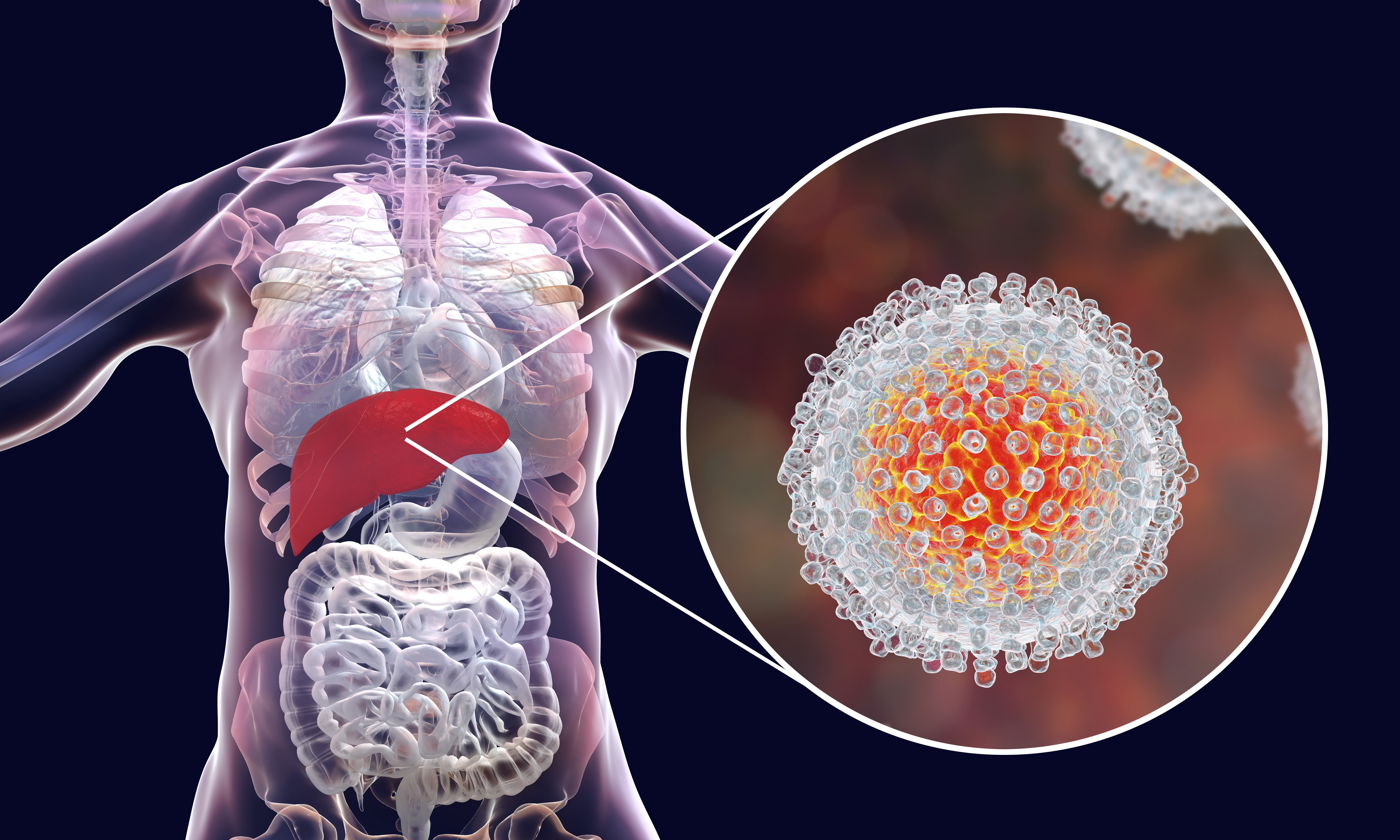Hepatitis C
 Hepatitis C is passed through blood. Many cases of Hepatitis C are spread through needle sharing or by sharing other tools which have been used to inject drugs. Before 1992, blood could not be tested for Hepatitis C and many people got Hepatitis C through blood transfusions. Now that the blood is tested, the risk of getting Hepatitis C from a blood transfusion is 1 in 2 million.
Hepatitis C is passed through blood. Many cases of Hepatitis C are spread through needle sharing or by sharing other tools which have been used to inject drugs. Before 1992, blood could not be tested for Hepatitis C and many people got Hepatitis C through blood transfusions. Now that the blood is tested, the risk of getting Hepatitis C from a blood transfusion is 1 in 2 million.
In the past, factor concentrates also spread Hepatitis C. Most people who used factor VIII before 1987, or factor IX before 1990, became infected with the Hepatitis C virus. Anyone who got a blood transfusion or who used factor before these dates should be tested for Hepatitis C.
Hepatitis C is rarely passed through sex. It is not spread by eating food or drinking water. In 1996, a woman with Hepatitis C is believed to have passed the virus to her son with Hemophilia. She did not wear gloves when giving her son factor. She accidently pricked herself with the butterfly needle before sticking her son. It is believed that Hepatitis C in her blood got on the needle and then was passed on to her son. Everyone helping with a factor infusion should wear gloves. Needles that have broken the skin should be put in a sharps disposal container and should not be used.
People seldom get sick when the Hepatitis C virus first gets in their bodies. They may have symptoms like those for Hepatitis B. Often, they have no symptoms. Most of the people who get the Hepatitis C virus become carriers. The virus stays in their bodies and slowly damages their livers.
When the virus damages the liver, it can cause scarring called cirrhosis. A liver with cirrhosis does not work as well. It can also get liver cancer. The main reason people get liver transplants is to replace a liver that has been destroyed by Hepatitis C.
There is no vaccine (shot) to prevent Hepatitis C. There are medicines you can take to try and get the Hepatitis C out of your body. A person with Hepatitis C should stay in contact with their doctor. The doctor can do tests to watch for damage to the liver. The doctor can also tell you which medicines might work for you.
